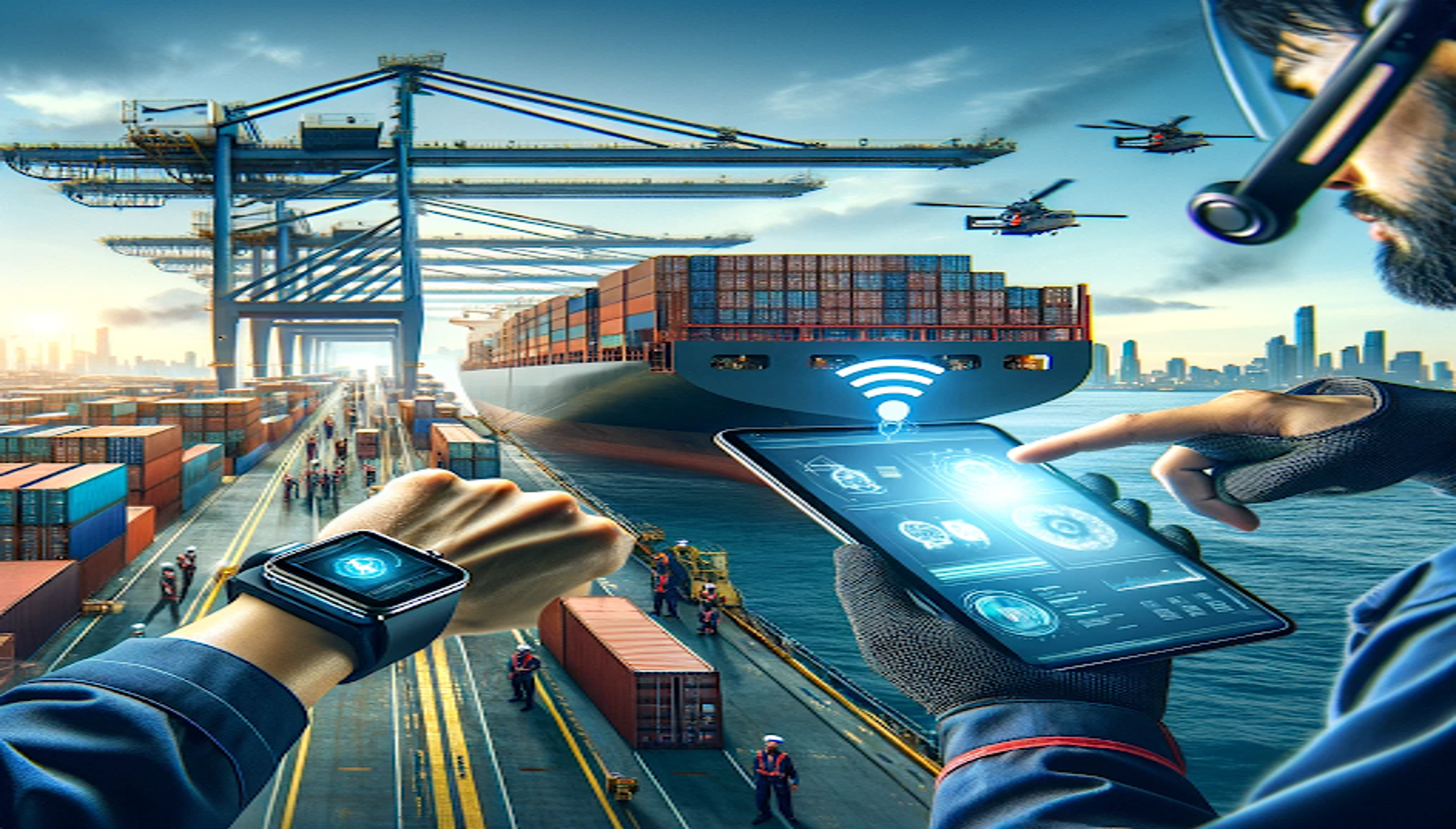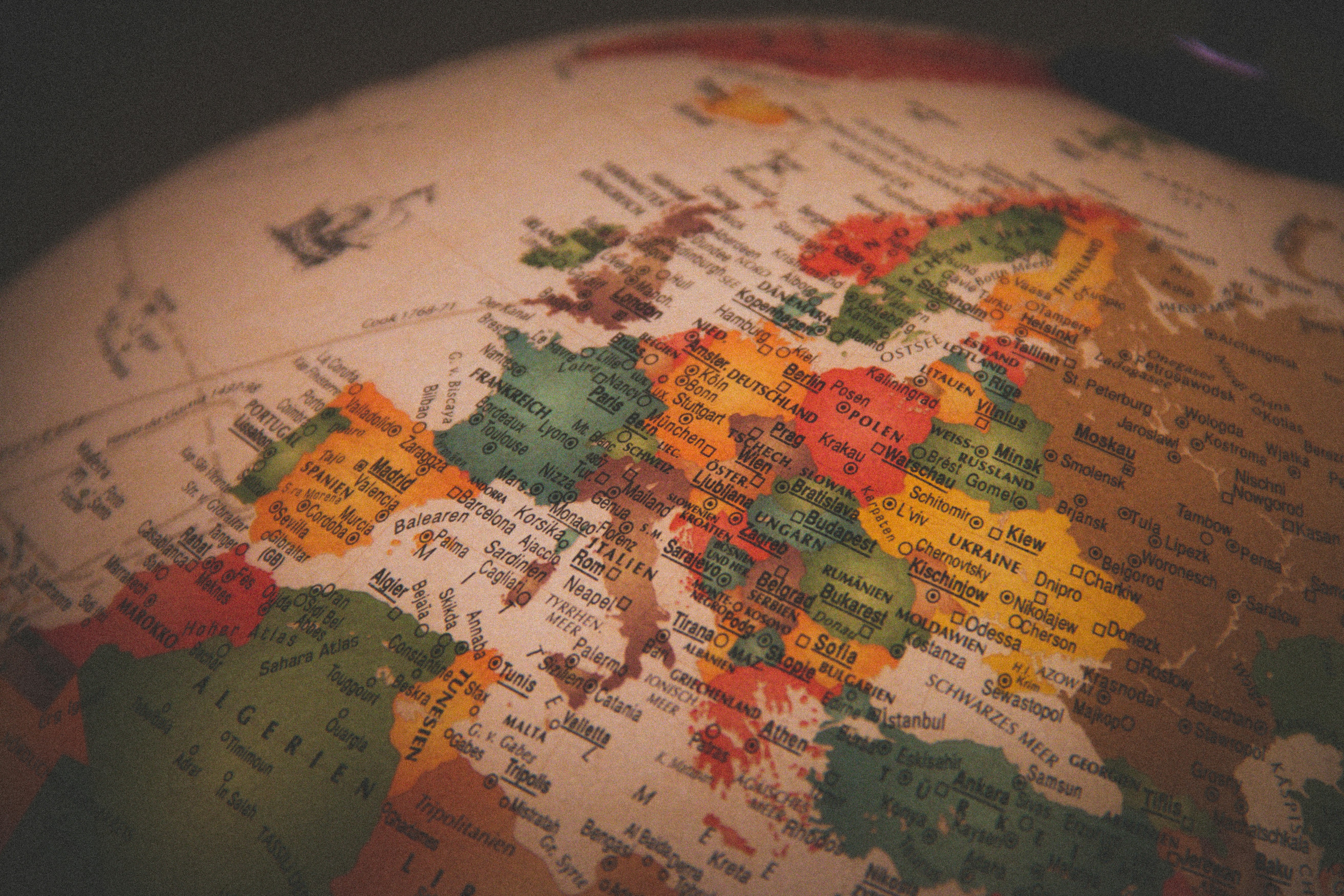The Role of Maritime Tourism in Europe’s Coastal Economies
May 29, 2025 · 8 mins read ·
Maritime Industry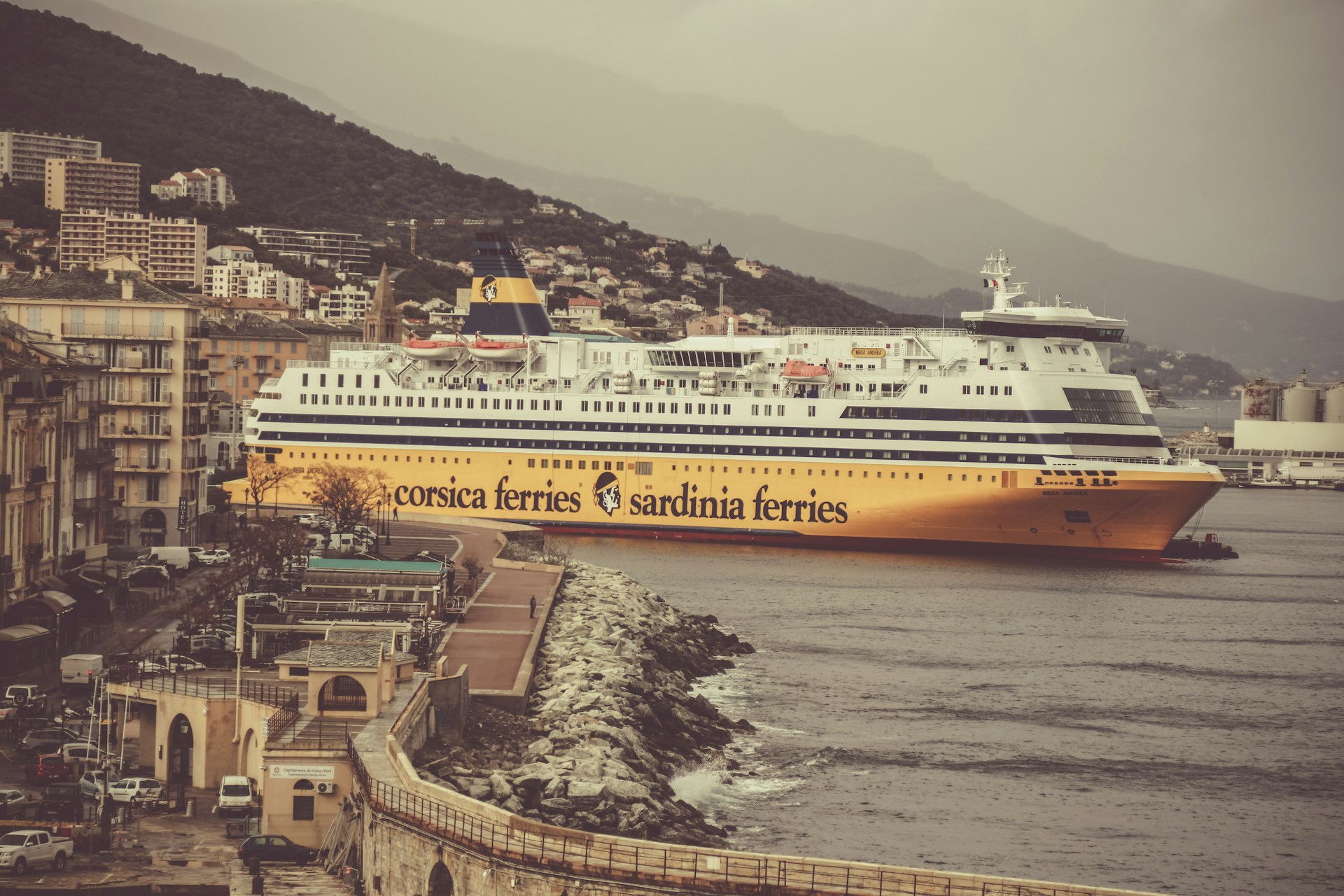
With European Maritime Day being earlier this month, it got us thinking about the various different roles that the shipping industry plays within the continent - especially given that much of Europe is made up of nations with strong associations to seafaring.
And with seafaring nations comes miles and miles of coastlines and thousands upon thousands of islands. Consider that the British Isles, an archipelago, includes Great Britain, Ireland, the Isles of Wight and Man, and over 6,000 smaller islands.
One of Europe’s most popular tourist destinations, Greece, has over 2,000 islands - of which approximately 170 are said to be inhabited. Meanwhile, another tourist hotspot, the Mediterranean Sea plays host to more than 10,000 islands.
It comes as no surprise, then, that maritime tourism plays a crucial role in Europe’s coastal economies, generating billions in revenue, creating jobs, and supporting local businesses.
From bustling cruise ports to luxury yachting hubs and charming seaside resorts, maritime tourism attracts millions of visitors each year, contributing to the socio-economic fabric of coastal regions.
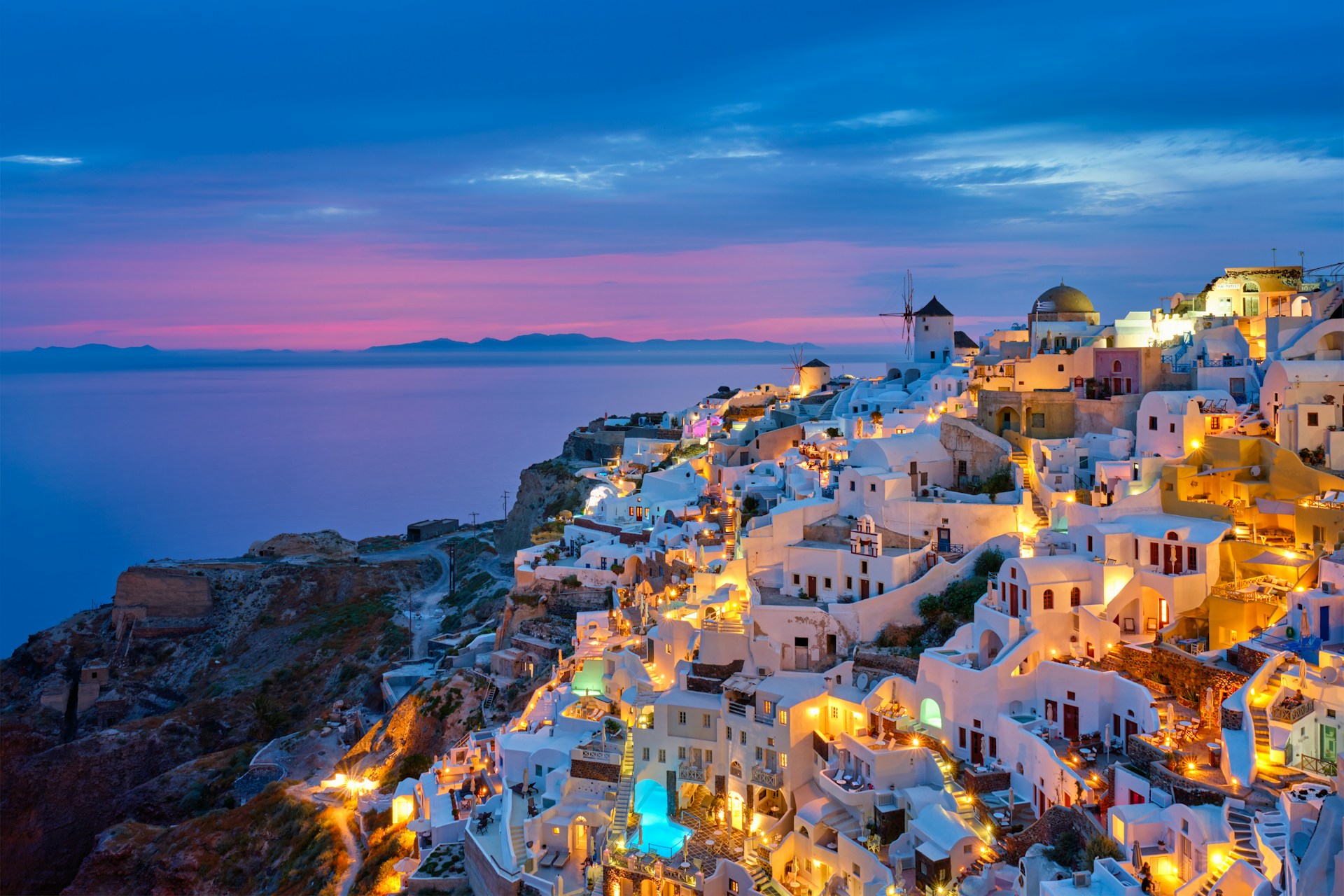
However, with this economic prosperity comes a set of challenges, particularly in terms of environmental sustainability. In this blog post we’re going to explore how cruise ships, yachting, and coastal tourism impact Europe’s economy and the need to balance economic benefits with environmental responsibility.
The economic contribution of maritime tourism
Maritime tourism encompasses a range of activities, including cruise tourism, yachting, water sports, and coastal recreational activities. The industry significantly contributes to the GDP of various European nations, supporting local economies, infrastructure development, and employment.
Cruise industry
The cruise industry is a cornerstone of maritime tourism in Europe, with ports such as Barcelona in Spain, Venice in Italy, and Southampton in the United Kingdom serving as major cruise hubs.
According to the Cruise Lines International Association (CLIA), the European cruise sector generates over €50 billion annually and supports approximately 400,000 jobs across the continent.
Key economic benefits of the cruise industry include:
- Job creation: The sector provides employment in various fields, including traditional seafarer jobs, hospitality, logistics, and shipbuilding.
- Local business growth: Tourists spend money on food, souvenirs, and guided tours, benefitting local businesses and attractions.
- Infrastructure investment: The need for modern cruise terminals, improved transportation links, and enhanced tourist services leads to infrastructure development, benefitting local communities beyond tourism.
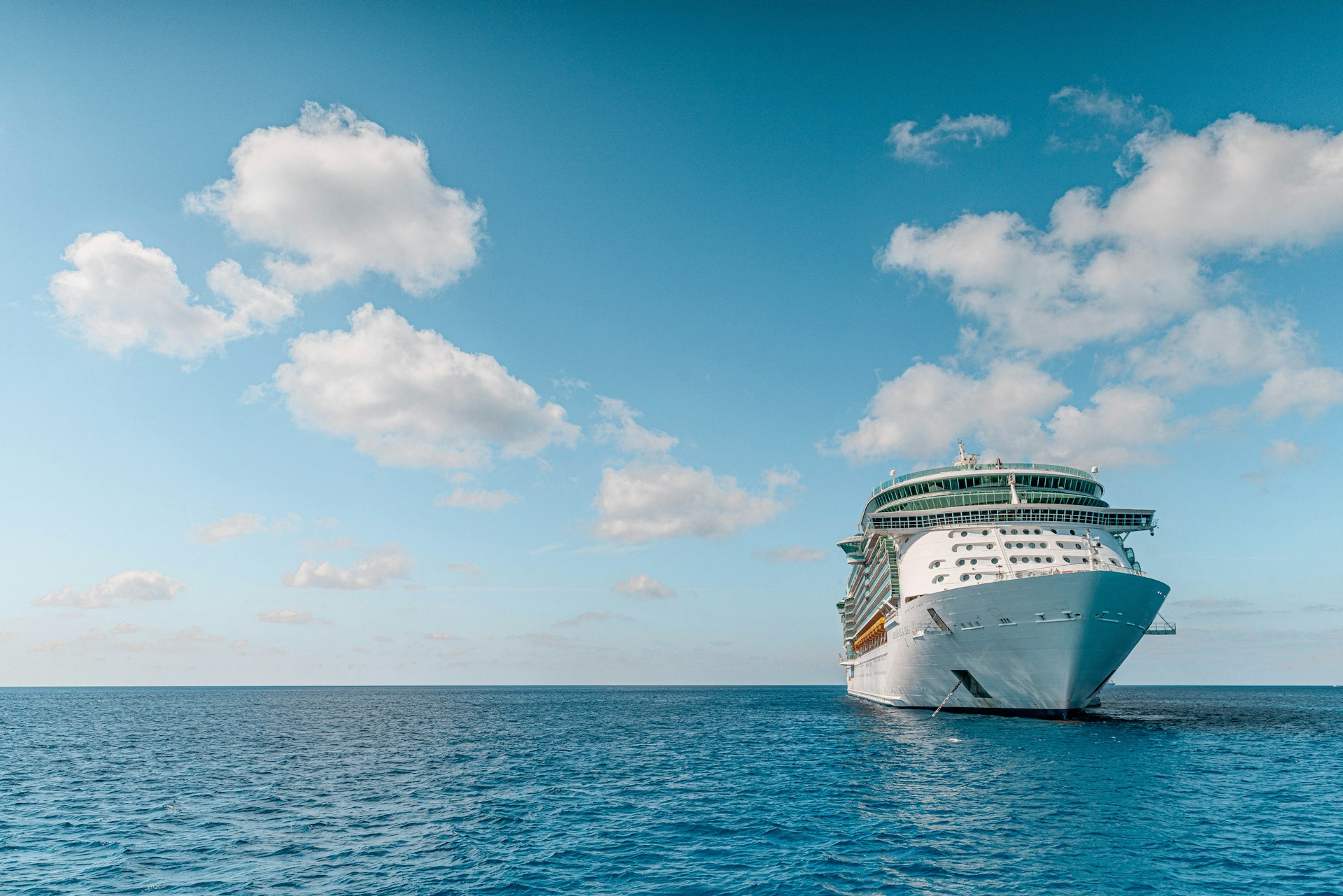
Yachting and nautical tourism
Yachting, from luxury superyachts to smaller sailing boats, represents another key segment of maritime tourism. The Mediterranean, particularly regions like the French Riviera, the Balearic Islands, and the Croatian coast, is a global hotspot for yachting enthusiasts.
Economic impacts of the yachting industry include:
- High-value tourism: Yacht owners and charter clients tend to be high-net-worth individuals, spending significantly on mooring fees, crew wages, luxury goods, and local services.
- Shipbuilding and maintenance: The demand for yacht construction and repair supports a network of shipyards and marine engineers.
- Job opportunities: The yachting sector employs thousands of people, from captains and deckhands to marina operators and tourism professionals.
Coastal tourism and beachfront resorts
Beyond cruise ships and yachting, coastal tourism remains one of the largest contributors to Europe’s maritime economy. Popular beach destinations such as the Algarve, the Greek Islands, and the Amalfi Coast draw millions of visitors annually, generating revenue through hotels, restaurants, and local attractions.
- Economic growth: Coastal tourism fuels job creation in the hospitality, transportation, services and retail sectors and supports local economies.
- Infrastructure development: Tourist influx often leads to improved infrastructure, including better roads, public transport, airports, and utilities.
- Cultural preservation: Coastal tourism helps promote cultural awareness and sustain traditions, local crafts, and historical landmarks.
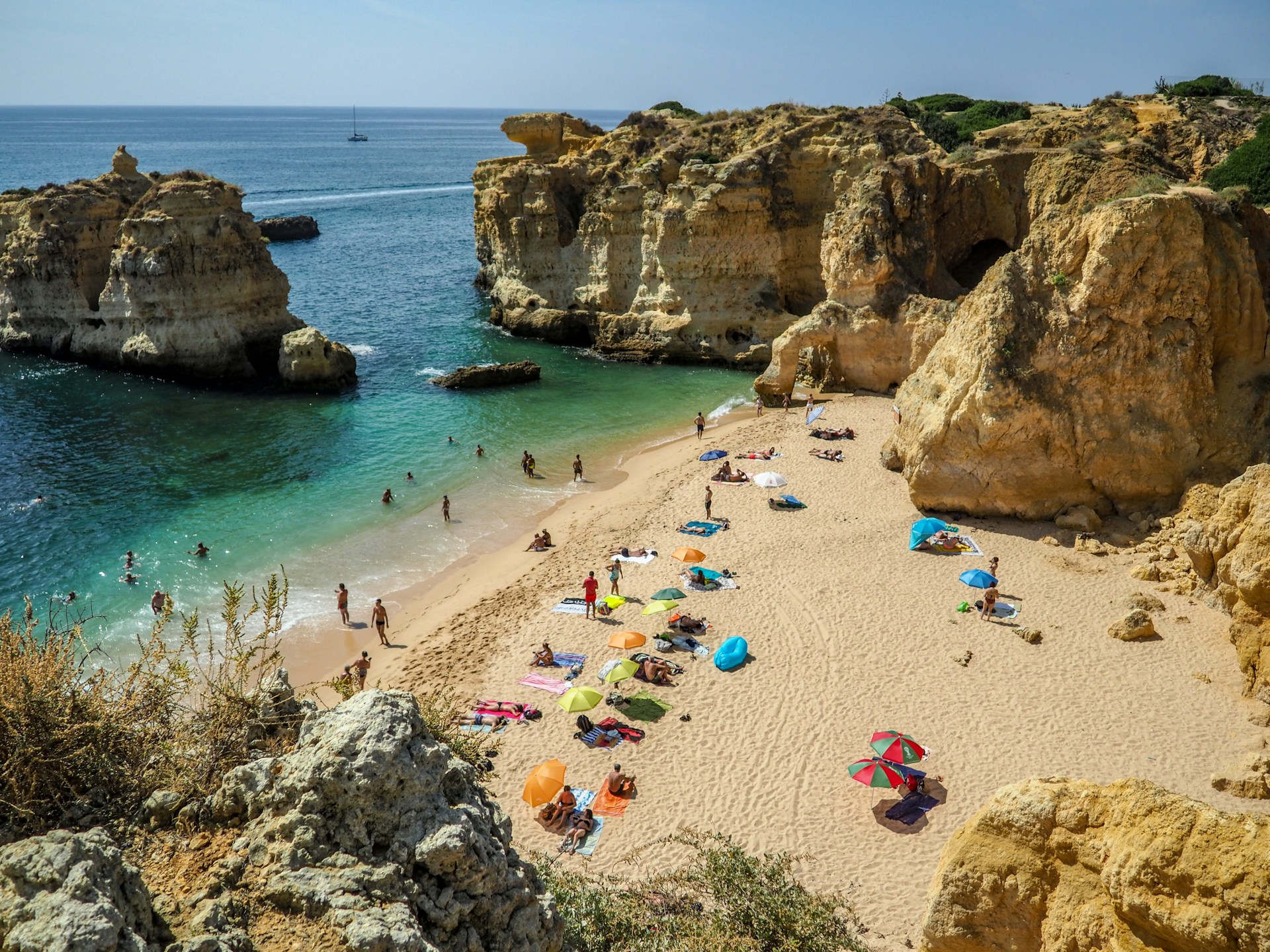
Environmental and sustainability challenges
Despite the economic advantages, maritime tourism presents significant environmental concerns. The increasing number of visitors, large-scale cruise operations, and high energy demands of yachting contribute to pollution, habitat destruction, and climate change.
Cruise ship pollution
Cruise ships, while luxurious and efficient at moving large numbers of tourists, have been criticized for their environmental footprint. The key concerns include:
- Air pollution: Large vessels rely on heavy fuel oil, emitting significant amounts of sulfur dioxide and nitrogen oxides, contributing to air pollution and acid rain.
- Water pollution: Waste disposal from cruise ships, including sewage, plastics, and chemicals, poses risks to marine ecosystems.
- Overtourism: Popular destinations like Venice have struggled with excessive tourism, leading to crowding, strain on local infrastructure, and environmental degradation.
Read more: Everything You Need to Know About Cruise Ships
Yachting and marine ecosystem damage
Although yachting is perceived as a more sustainable option compared to large-scale cruise tourism, it has its own environmental implications:
- Anchor damage: Yachts often anchor in fragile marine ecosystems, damaging seagrass beds and coral reefs.
- Fuel consumption: High-performance motor yachts consume significant amounts of fuel, contributing to carbon emissions.
- Waste management: Managing waste and wastewater from yachts remains a challenge in regions with limited facilities.
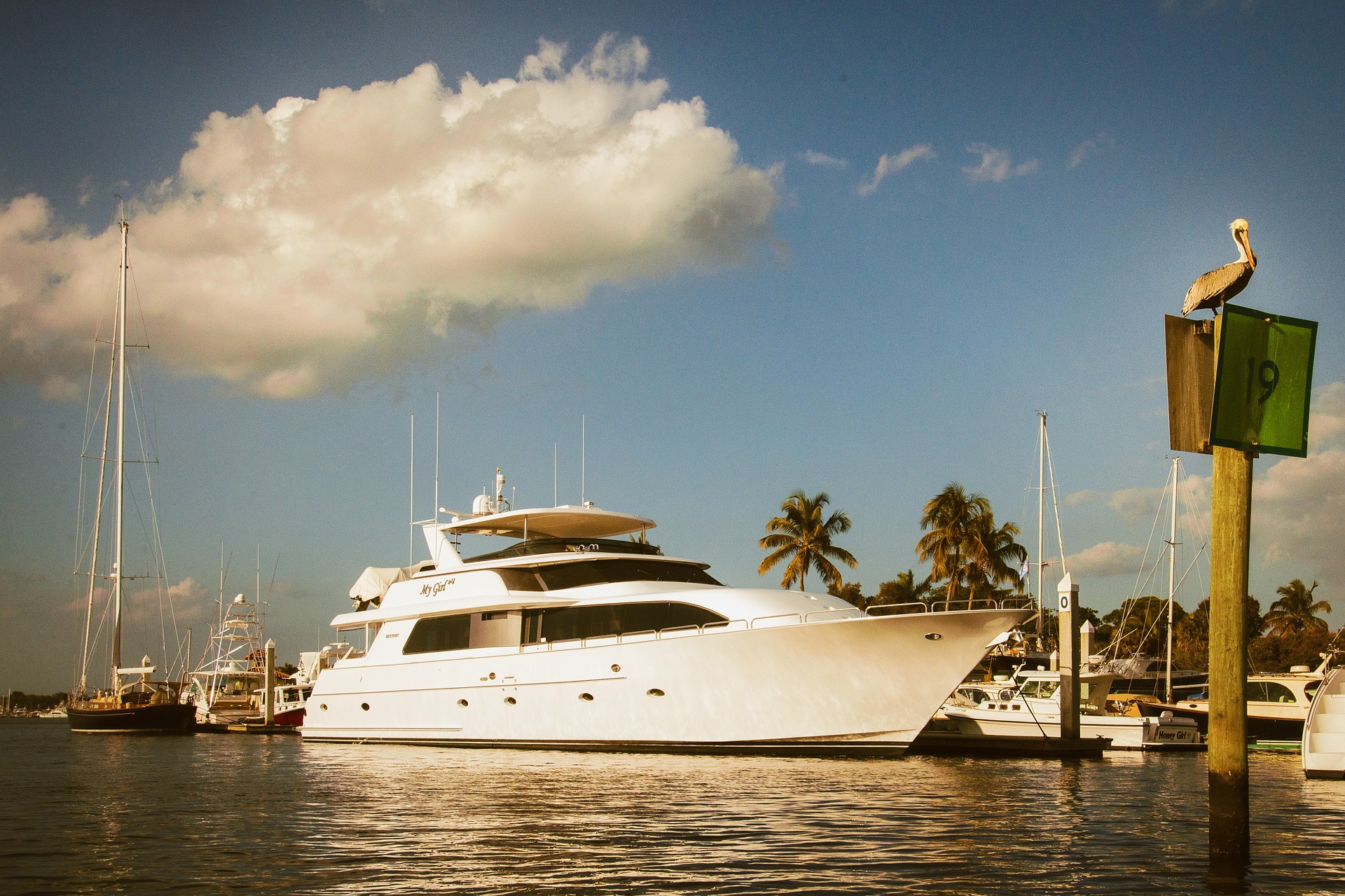
Coastal erosion and habitat loss
The expansion of coastal tourism infrastructure, including hotels, marinas, and entertainment venues, has led to increased coastal erosion and loss of natural habitats. Climate change exacerbates these issues, with rising sea levels threatening tourism-dependent communities.
Balancing economic growth and sustainability
To ensure the longevity of Europe’s maritime tourism sector, a balance must be struck between economic growth and environmental responsibility. Key strategies include:
Green technology and sustainable cruise practices
The cruise industry is taking steps to mitigate its environmental impact by investing in cleaner technologies:
- Liquefied Natural Gas (LNG) ships: Newer cruise vessels are adopting LNG as a cleaner alternative to heavy fuel oil.
- Shore power connection: Some ports now allow cruise ships to plug into onshore electricity, reducing emissions while docked.
- Stronger regulations: The International Maritime Organization (IMO) has set emissions reduction targets to push for more sustainable practices.
Read more: Everything You Need to Know About Smart Ports
Eco-friendly yachting initiatives
The yachting industry is also embracing sustainability through:
- Eco-marinas: New marina designs include waste recycling facilities and renewable energy sources.
- Electric and hybrid yachts: Advances in battery technology are enabling the development of more sustainable vessels.
- Marine protection zones: Restricting anchoring in sensitive areas helps preserve marine biodiversity.
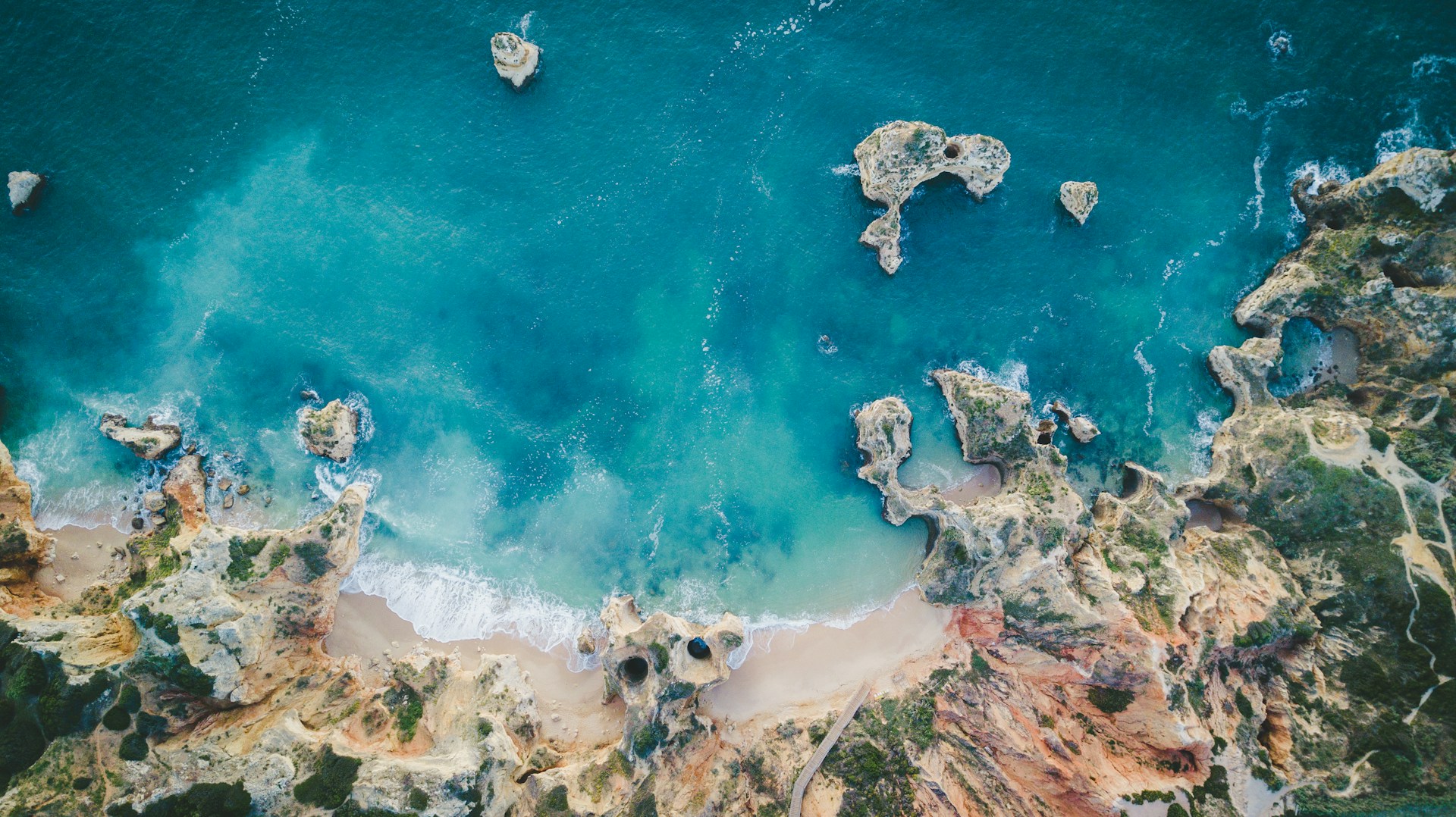
Sustainable coastal tourism
Coastal communities and governments must work together to promote responsible tourism practices:
- Eco-tourism development: Encouraging nature-based tourism, such as birdwatching and marine conservation programs, reduces environmental impact.
- Capacity management: Implementing visitor caps and sustainable tourism taxes can help mitigate overtourism.
- Community engagement: Involving local communities in tourism planning ensures economic benefits are distributed equitably.
Conclusion
Maritime tourism remains a vital driver of economic prosperity for Europe’s coastal regions. While cruise ships, yachting, and coastal tourism bring jobs and revenue, they also present challenges that must be addressed to ensure environmental sustainability.
Through technological innovations, regulatory frameworks, and responsible tourism policies, Europe can continue to enjoy the benefits of maritime tourism while safeguarding its marine ecosystems for future generations.
By balancing economic growth with sustainability, the maritime tourism industry can thrive while protecting the natural beauty that makes European coastlines so attractive to visitors worldwide.

Eve Church
Eve is Martide's content writer, publishing regular posts on everything from our maritime recruitment and crew planning software to life at sea. Eve has been writing professionally for more than two decades, crafting everything from SEO-focused blog posts and website landing pages to magazine articles and corporate whitepapers.
UK

is the only site for maritime jobs


